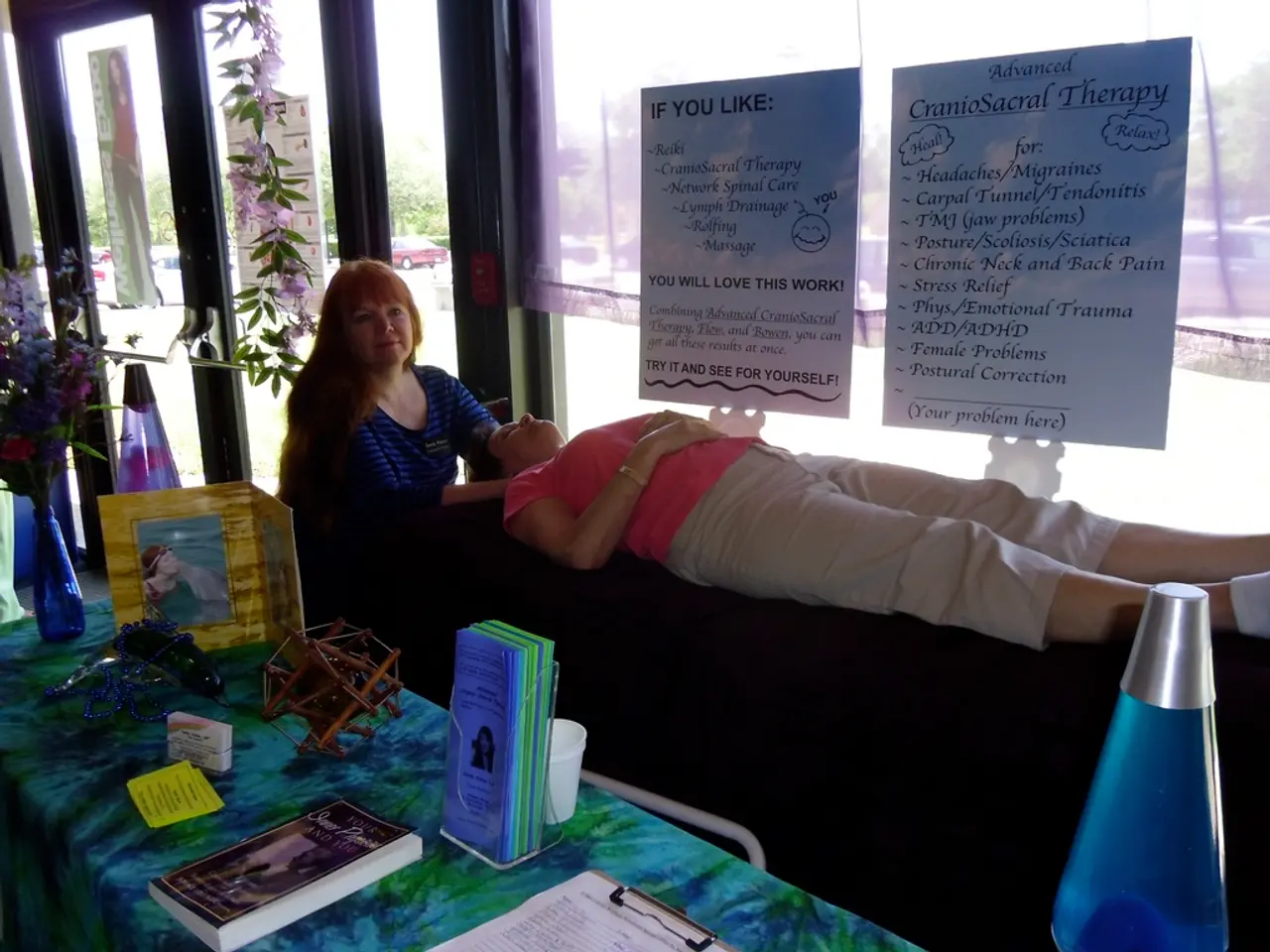Common Harmful Ways to Cope and Strategies to Break Free
Managing life's stresses, anxieties, and emotional pains is crucial for maintaining a healthy mind and body. However, when faced with hardship, we often resort to unhealthy coping mechanisms, thinking they provide temporary relief, but these habits can do more harm than good in the long run. These patterns may masquerade as habits, routines, or even self-care, making them hard to spot and even harder to shake off.
In this blog post, we delve into the most common unhealthy coping mechanisms and offer practical strategies to break free from them, leading to a healthier, more balanced life.
The Unhealthy Coping Menagerie
Emotional Eating: A Bite Too Far
Emotional eating, triggered by stress, boredom, sadness, or loneliness, is one of the most widespread coping mechanisms. Turning to food for comfort may provide temporary solace, but it can quickly escalate into overeating, weight gain, and feelings of guilt and shame, creating endless cycles of distress. To break free from emotional eating, identify emotional triggers and learn to distinguish true physical hunger from emotional cravings. Try keeping a food journal, practicing mindful eating, or discovering alternative activities like journaling, taking a walk, or speaking with friends.
Substance Abuse: A Temporary Escape, a Lasting Nightmare
Substance abuse serves as a temporary escape from emotional turmoil, but it can quickly progress into dependency. Whether it's alcohol, prescription drugs, or other substances, this coping mechanism can harm personal relationships, health, and hinder personal growth. Seeking professional help, such as enrolling in a Rehab Clinic, can be the key to recovery, providing safe environments for detox and healing, and equipping individuals with the tools to build healthier lives.
Isolation and Social Withdrawal: Solitude's Dark Side
When overwhelmed by stress or emotional pain, retreating into solitude may seem appealing. However, prolonged isolation intensifies feelings of depression, anxiety, and worthlessness. As social creatures, humans thrive on connections. Overcoming social withdrawal involves gradually reconnecting with others through small, manageable steps. Seeking support through therapy, such as cognitive-behavioral therapy (CBT), can help address negative beliefs that fuel isolation. Reaching out to others is not a sign of weakness but a testament to strength and a step towards healing.
Overworking: A Distraction, Not a Solution
Being constantly busy may seem like an achievement, but it often serves as a distraction from emotional stress. Overworking can lead to burnout, strained relationships, and a poor work-life balance. To break free, reassess your priorities and set boundaries, take regular breaks, and reconnect with hobbies or loved ones. Mindfulness and time management techniques can help promote a healthier relationship with productivity and work.
Self-Criticism and Negative Self-Talk: A Hidden Coping Move
Another subtle unhealthy coping mechanism is self-criticism. When things go awry, internalizing the issue leads to harsh self-blame and negative self-talk. This internal dialogue can become a self-fulfilling prophecy, lowering self-esteem and increasing depression and anxiety. To overcome this pattern, recognize your inner voice may be more harmful than helpful. Practice self-compassion, challenge negative thoughts, and use affirmations to shift your mindset.
Avoidance and Procrastination: A Silent Barrier
Avoidance and procrastination may seem harmless, but they often mask deeper emotional struggles such as fear, anxiety, or perfectionism. Procrastination creates more stress in the long run. To combat avoidance, break tasks into smaller, manageable steps, set deadlines, and use productivity tools. Therapy can help uncover the root causes of avoidance and equip you with tools to face challenges head-on. Taking action is always more empowering than hiding from discomfort.
The Path to a More Balanced Life
Unhealthy coping mechanisms may offer a quick fix, but they rarely solve the underlying problems we're trying to avoid. These patterns create more obstacles on our path to wellness. With self-awareness, intentional effort, and support, it's possible to replace destructive patterns with positive, life-affirming strategies. Embrace change, and know that you are worth the effort it takes to create a healthier, more balanced life. Whether you choose to seek therapy, build a support system, or cultivate self-care practices, remember that change is possible.
- Emotional eating, substance abuse, isolation, overworking, self-criticism, avoidance, and procrastination are common unhealthy coping mechanisms that often disguise themselves as habits or self-care, but ultimately do more harm than good in the long run.
- To overcome emotional eating, identify emotional triggers, learn to distinguish true physical hunger from emotional cravings, and try alternative activities like journaling, taking a walk, or speaking with friends.
- Substance abuse, isolation, overworking, and self-criticism can hinder personal growth, harm personal relationships, and intensify feelings of depression, anxiety, and worthlessness. Seeking professional help, such as therapy or enrolling in a Rehab Clinic, can provide tools for building healthier lives and breaking free from these unhealthy coping mechanisms.




